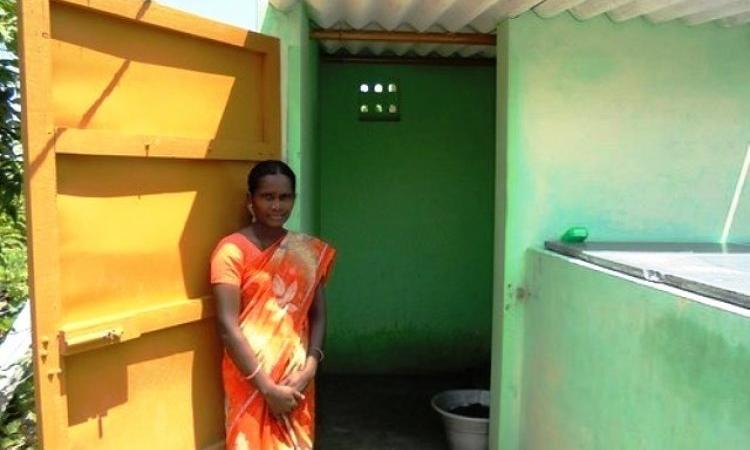
India has the highest number of people without access to toilets: Report
According to a report by WaterAid, the number of people having no access to a toilet in India is around 732 million which include 355 million women and girls. Despite the ongoing Swachh Bharat Mission that was launched in October 2014, India ranks low on the sanitation index and is placed at the sixth position among the top 10 nations working to reduce open defecation. Since the launch of the Swachhta mission, 52 million household toilets have been built in rural India and the country's sanitation coverage has increased from 39 to 65 percent. Open defecation, however, has been reduced by just 40 percent.
COP23 ends without resolving the outstanding issues on the agenda: CSE
The 23rd meeting of the Conference of Parties (COP23) of the UN Framework Convention on Climate Change concluded last week. As per the analysis of its success by the Centre for Science and Environment (CSE), the old bickering between developed and developing nations continued, with the US playing spoilsport again. A few key outcomes this year include the success of the developing countries in bringing pre-2020 commitments into the limelight, arriving at decisions on climate actions in agriculture and including gender in it and the inclusion of indigenous voices in the implementation of the Paris Agreement.
Arrival of migratory birds delayed, thanks to smog
The smog prevailing in parts of north India has caused a delay in the arrival of migratory birds in some water bodies and natural wetlands across Punjab, Haryana and Himachal Pradesh. Due to severe winters in their native land, hundreds of species of rare birds from Siberia and Russia flock to these northern states. The smog, however, has reduced their number by 30 percent, so far. Although many wetlands in the region have observed a delay in their arrival, Harike in Punjab seems unaffected as more than 22,000 migratory birds have landed at the wetland.
Survey shows contamination of 73 percent water sources in Kerala
As per the survey conducted by the Kerala State Literacy Mission Authority, it has been found that an alarming 73 percent of water sources in the state are contaminated, with nearly 27 percent of them being totally polluted. Houses and hotels are found to be the main sources of pollutants followed by washing of vehicles and industrial establishments. The report has recommended strict implementation of existing laws, better coordination between various agencies and special waste management projects as solutions.
Pattiseema project sets record by diverting 100 TMC of water in 148 days
The Pattiseema project that links both Krishna and Godavari rivers has set yet another record by diverting 100 TMC of water from Godavari river to Krishna through a lift system in 148 days. The project that was taken up to divert 80 TMC of water in 110 days has shown an increase of 20 percent in its intended usage. Pattiseema is the first project in India to be completed on time without any budgetary enhancements.
This is a roundup of important news from November 14 - 20, 2017. Also, read the policy matters this week.